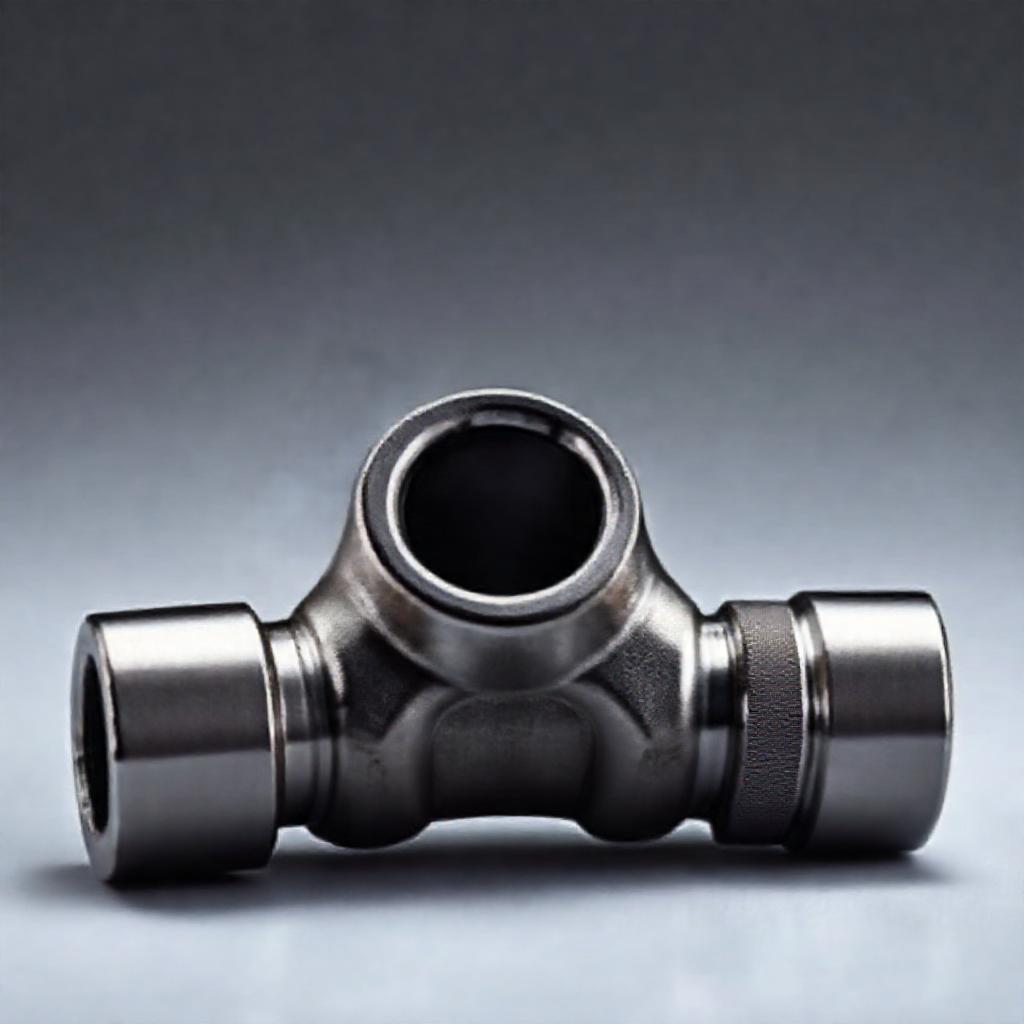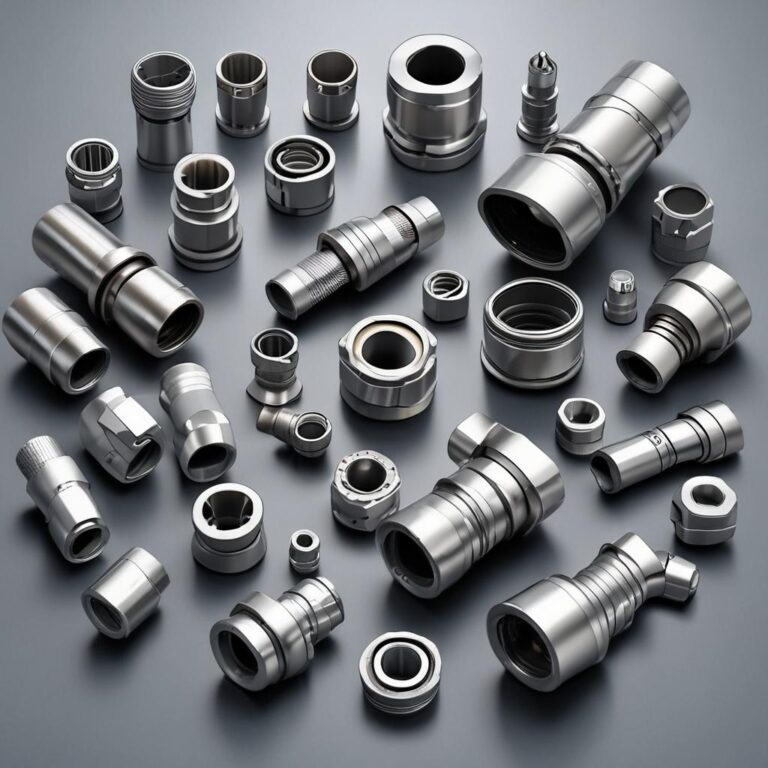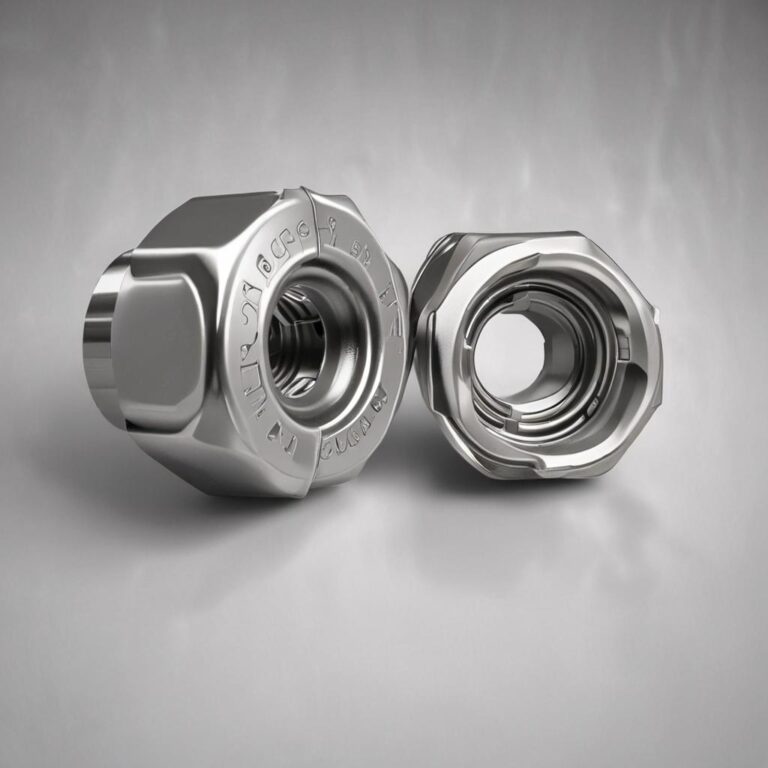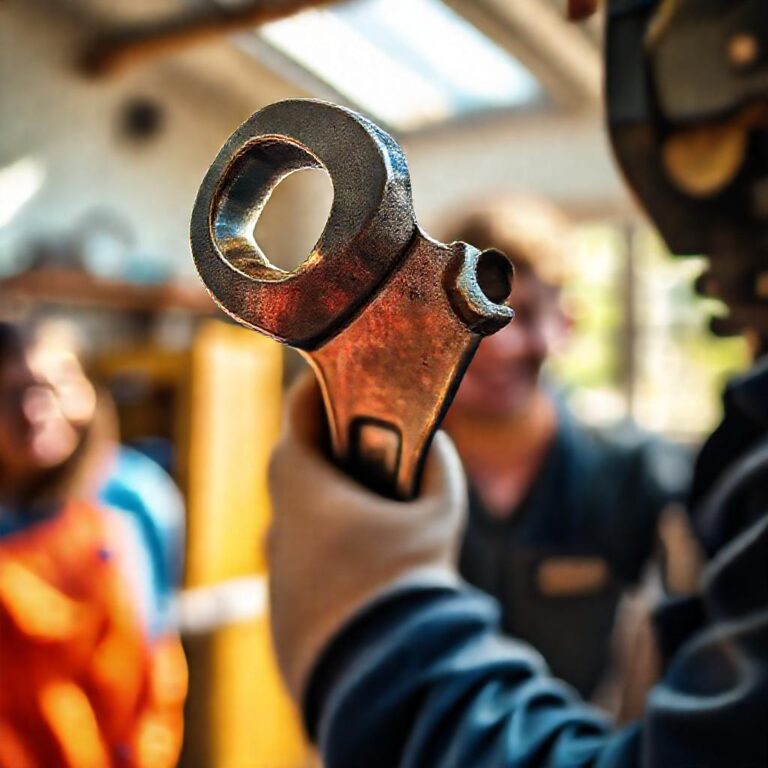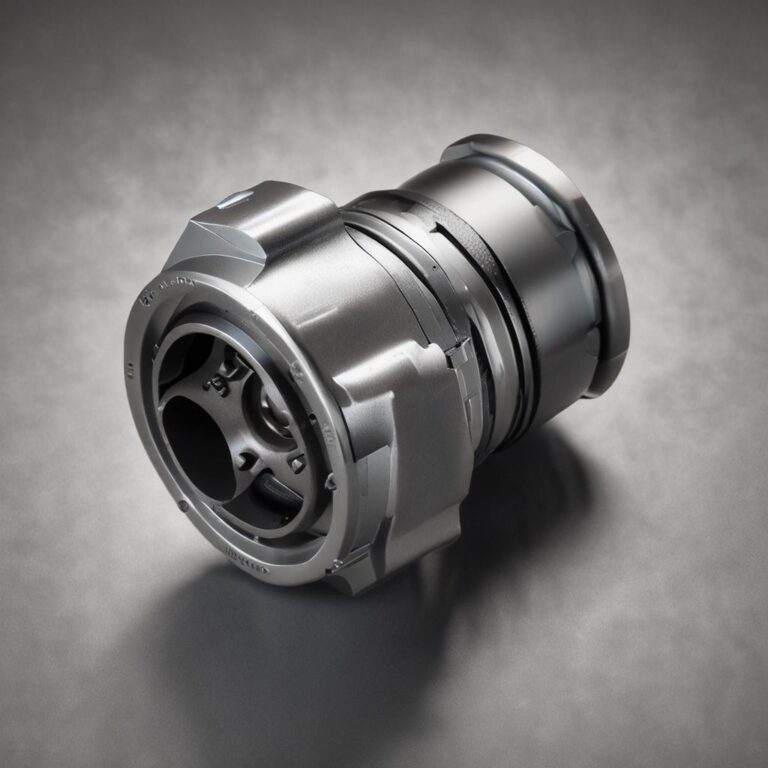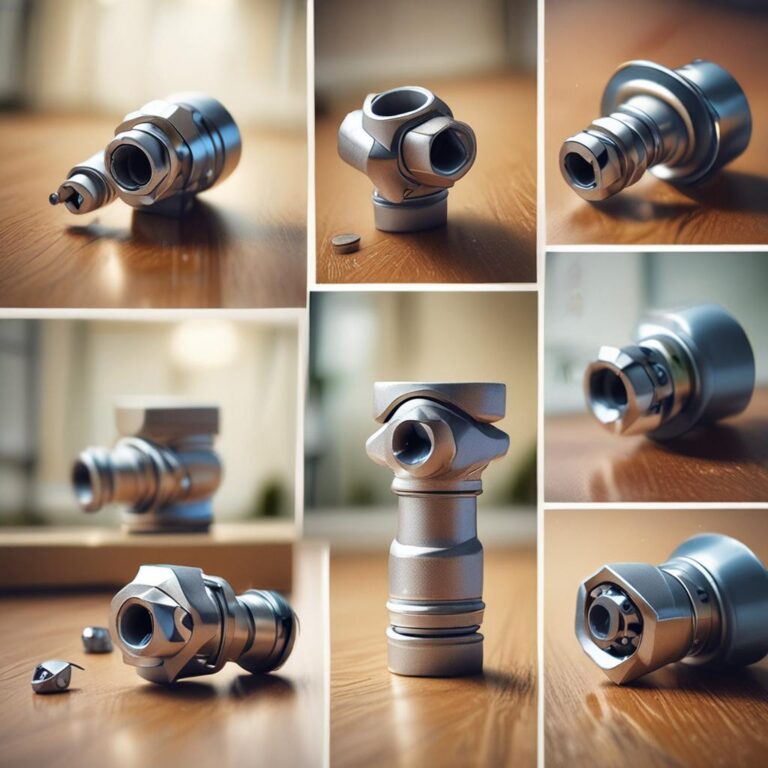Best Universal Joint Socket
When it comes to mechanical and automotive applications, the universal joint (U-joint) socket plays a crucial role in ensuring smooth and efficient power transfer. Whether you’re working on a vehicle driveline, industrial machinery, or heavy equipment, the right universal joint socket can make all the difference in performance and longevity. Choosing the wrong one, however, can lead to premature wear, inefficiency, or even dangerous failures. This guide will walk you through everything you need to know about selecting the best universal joint socket, from key features to top brands and installation tips.
Step-by-Step Process
Identify Needs
Determine torque, speed, and misalignment requirements.
Choose Material
Select steel, alloy, or composite based on durability needs.
Check Compatibility
Ensure socket fits your universal joint and tools.
Inspect Quality
Verify precision machining and surface finish.
Test Performance
Evaluate under operational conditions for reliability.
Process infographic for Best Universal Joint Socket
What Is a Universal Joint Socket?
Definition and Purpose
A universal joint socket is a critical component that connects rotating shafts at different angles, allowing for smooth power transmission even when the shafts are misaligned. It consists of a cross-shaped joint with bearing cups that fit into yokes, enabling rotation and flexibility. These sockets are essential in applications where shafts must operate at varying angles, such as in vehicles, agricultural machinery, and industrial equipment.
Types of Universal Joint Sockets
Universal joint sockets come in several types, each designed for specific applications:
- Fixed Yoke (Forked) Sockets – Feature two arms (yokes) that attach to a shaft, commonly used in automotive drivelines.
- Flanged Yoke Sockets – Mount directly to a flange, ideal for heavy-duty applications like industrial machinery.
- Universal Joint Bearings (Needle Bearings) – Contain needle bearings for reduced friction and longer lifespan.
- Cross & Bearing Cup Sockets – Include a cross-shaped joint with bearing cups for smooth rotation.
Key Features to Look for in a Universal Joint Socket
Material and Durability
The material of a universal joint socket significantly impacts its strength and longevity. Common materials include:
- Steel – Affordable and strong, suitable for most applications.
- Chrome-Plated Steel – Offers corrosion resistance and durability.
- Stainless Steel – Ideal for harsh environments due to superior rust resistance.
Corrosion resistance is especially important in outdoor or high-moisture environments, as rust can compromise performance.
Size and Compatibility
Universal joint sockets come in various sizes, typically measured in SAE (Society of Automotive Engineers) or metric units. Ensuring the correct size is crucial for proper fitment and function. Check your vehicle or machinery’s specifications to determine the right socket size for your application.
Load Capacity and Torque Handling
The load capacity of a universal joint socket determines how much weight and torque it can handle. Light-duty sockets are suitable for small vehicles, while heavy-duty options are designed for trucks, industrial equipment, and off-road use. Always choose a socket with a load capacity that exceeds your application’s demands to ensure safety and longevity.
Grease Fittings and Maintenance
Proper lubrication is essential for reducing wear and extending the life of a universal joint socket. Some sockets come with grease fittings for manual lubrication, while others are self-lubricating. Regular greasing (typically every 6 months or after heavy use) helps prevent corrosion and friction-related damage.
Top Brands for Universal Joint Sockets
Best Budget-Friendly Options
If you’re looking for an affordable yet reliable universal joint socket, consider brands like Dorman and Moog. These brands offer competitive pricing without sacrificing quality, making them ideal for DIYers and budget-conscious buyers.
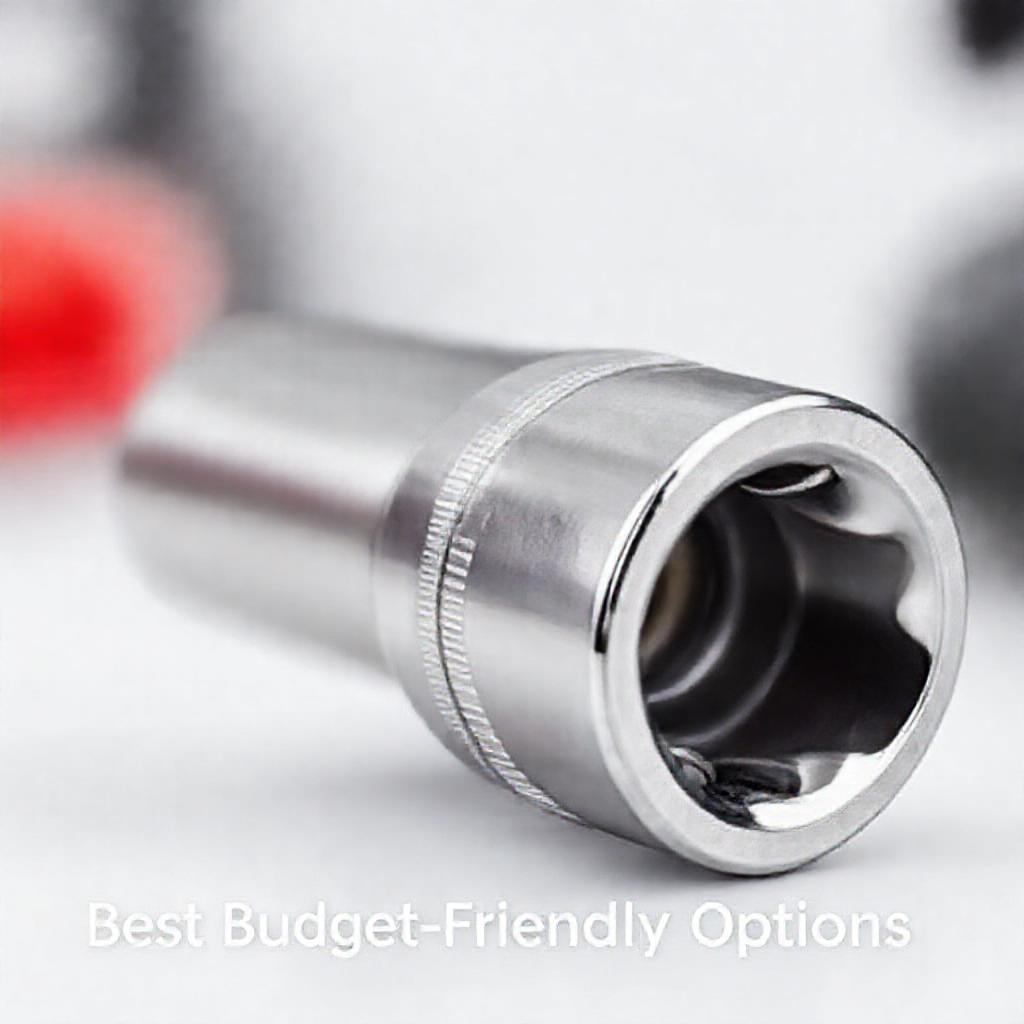
Premium and High-Performance Choices
For high-performance applications, brands like Spicer, Cardone, and SKF provide top-tier universal joint sockets with superior durability and precision engineering. These are often the go-to choice for professional mechanics and heavy-duty applications.
Aftermarket vs. OEM Sockets
Aftermarket sockets are typically more affordable than OEM (Original Equipment Manufacturer) parts, but they may vary in quality. OEM sockets, on the other hand, are designed to match the exact specifications of the original part, ensuring a perfect fit and reliable performance.
How to Install and Replace a Universal Joint Socket
Step-by-Step Installation Guide
To install a universal joint socket, you’ll need a socket wrench, grease, and safety gloves. Follow these steps:
- Disconnect the driveshaft or component where the socket will be installed.
- Align the socket with the yoke or flange and secure it using the appropriate bolts.
- Apply grease to the bearing cups and check for smooth rotation.
- Reassemble the driveline and test for proper function.
Common Installation Mistakes to Avoid
Over-tightening bolts can damage the socket or yoke, while incorrect alignment may cause premature wear. Always refer to your vehicle or equipment’s manual for torque specifications and proper alignment procedures.
Best Universal Joint Socket Recommendations
Best Overall
The Moog U-Joint Socket is our top pick due to its balance of affordability, durability, and widespread compatibility. It’s suitable for most light to medium-duty applications and offers reliable performance.
Best for Heavy-Duty Applications
For heavy-duty use, the SPICER U-Joint Socket is a premium choice, built to handle high torque and extreme conditions. It’s ideal for trucks, tractors, and industrial machinery.
Best Budget Pick
If you need a cost-effective solution, the Dorman U-Joint Socket provides excellent value without compromising quality. It’s a great option for DIY repairs and routine maintenance.
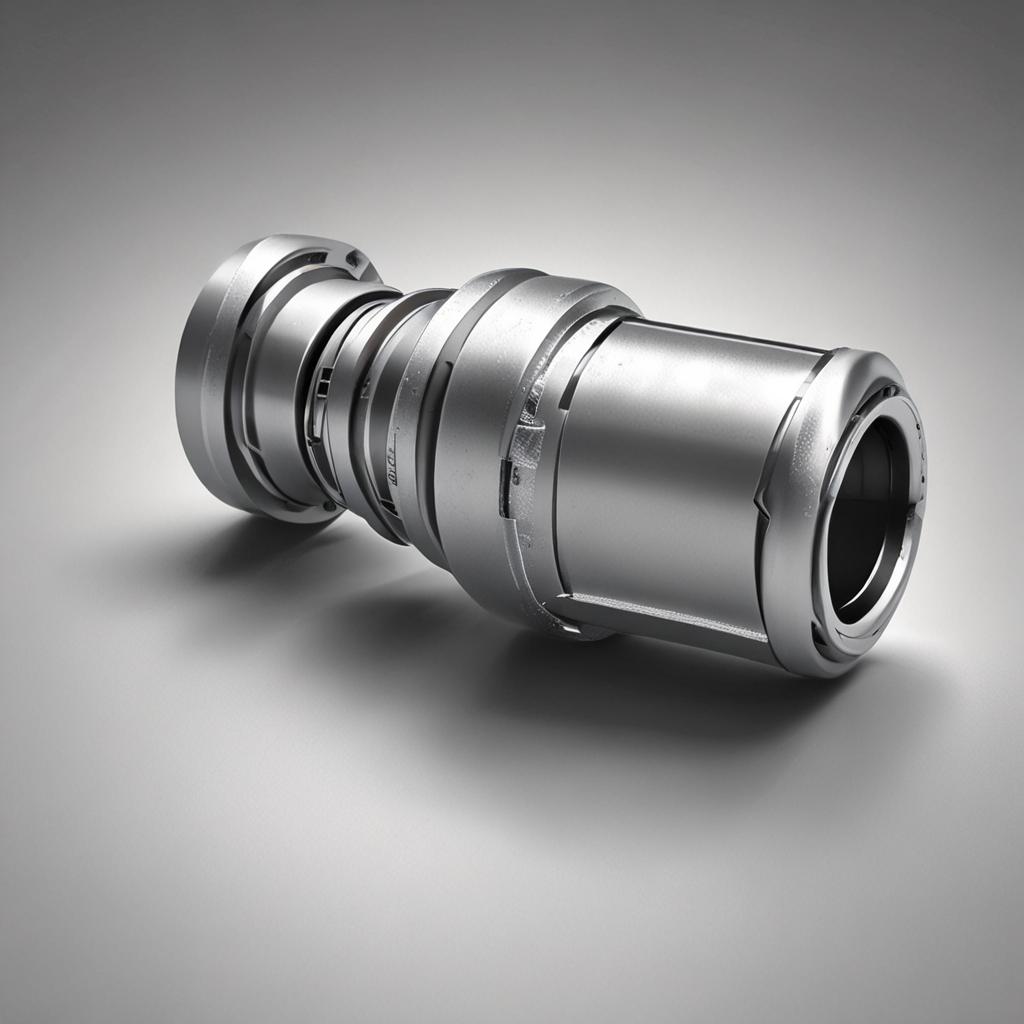
Best for Off-Road Vehicles
Off-road enthusiasts should consider the Cardone U-Joint Socket, designed for rugged use and extreme angles. Its reinforced construction ensures durability in challenging terrain.
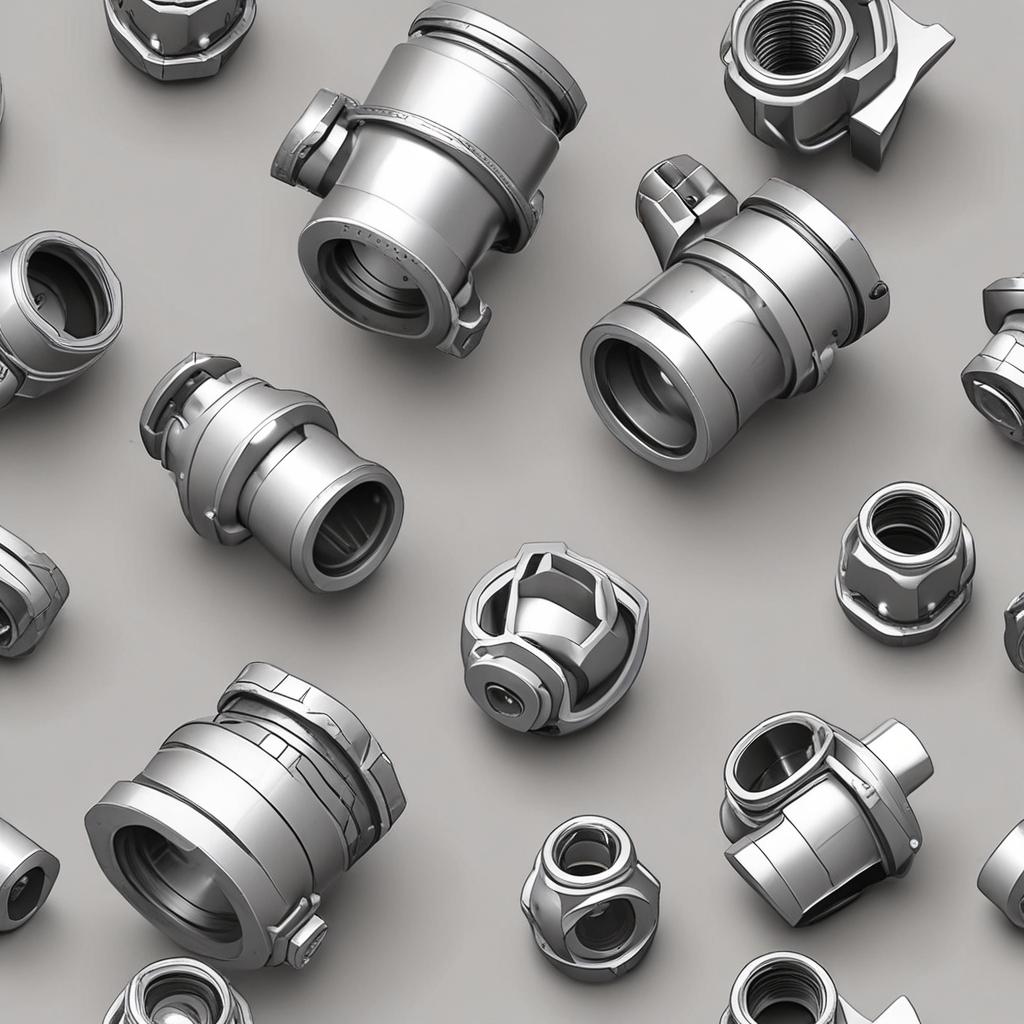
FAQs About Universal Joint Sockets
How often should I grease a universal joint socket?
Grease your universal joint socket every 6 months or after 5,000 miles of use to maintain smooth operation and prevent wear.
Can I use a universal joint socket from a different brand if my OEM is unavailable?
Yes, but ensure it matches the same specifications (size, load capacity, etc.) to avoid compatibility issues.
What are the signs of a failing universal joint socket?
Common signs include vibrations, clicking noises, or excessive play when rotating. If you notice any of these, inspect and replace the socket immediately.
How do I know if my socket is the right size?
Check your vehicle or machinery’s manual for the correct socket size. You can also measure the yoke’s inner diameter and compare it to the socket’s dimensions.
Are all universal joint sockets interchangeable?
No, different vehicle models and machinery may require specific socket types. Always verify compatibility before purchasing.
Conclusion
Choosing the right universal joint socket is essential for ensuring the longevity and efficiency of your mechanical or automotive applications. Whether you prioritize affordability, performance, or durability, this guide has provided the key insights to help you make an informed decision. For further clarification, refer to the FAQs or consult a professional mechanic to ensure optimal performance. Invest in a quality universal joint socket today, and keep your machinery running smoothly for years to come.

